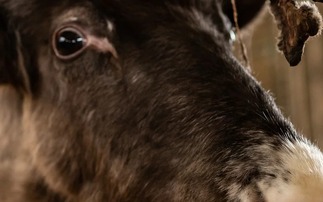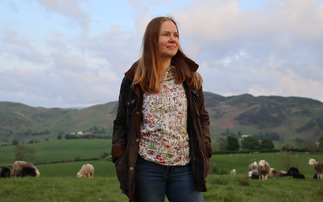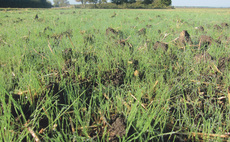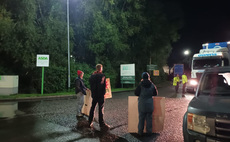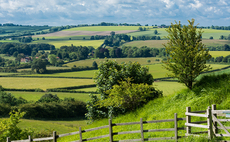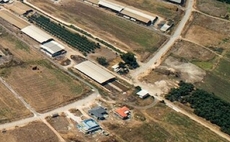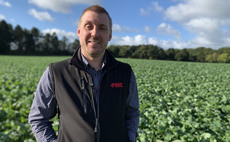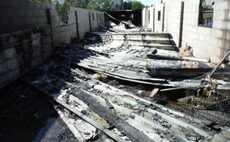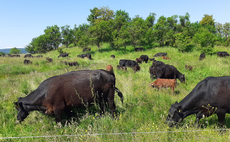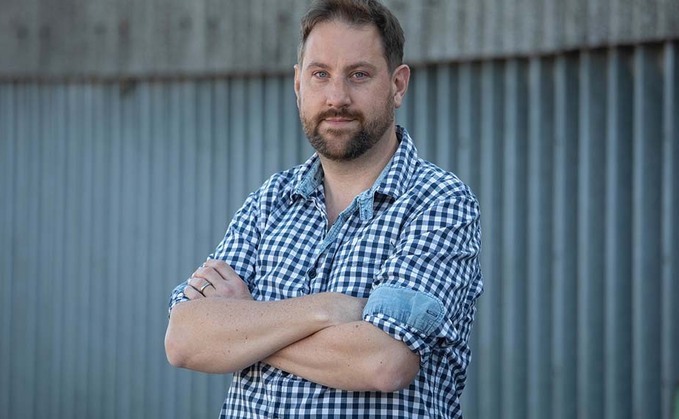
Why do we farm? Honestly, what's in it for us? My sense is that only a minority of farmers farm because they chose to.
To be sure, there are some lucky ones, to the manor born, but more likely many farm because they chose not to do something else, or didn't think of anything better, or tried and failed.
Some grow to love it. Some grow to hate it. Once you're in, nearly all of us are trapped.
Obligations to family, to the landlord, to the bank. Guilt from peers, parents or even the ancestors? Ruled, most often, by our own sense of stubbornness.
Despite being at the mercy of weather, climate, pests, diseases, regulations and markets, the overwhelming feeling of farming is that the weight lies on your shoulders. All failures are your failure.
At times this past month I have considered quitting. You can only push water uphill for so long.
What's more, some of my very best farming friends, people I look up to and admire, colleagues who inspire me, are in the middle of making huge and courageous decisions to stop.
Deciding to stop doing something is not giving up. Deciding to sell the dairy herd, drop oilseed rape or walk away from an unequal partnership are actually brave ways to take control.
A few weeks ago here in the fen, things were looking really, really bad. We were way behind on drilling, with cobbled concrete seedbeds, staff laid off, tractors breaking, potato markets collapsing around us.
Then it rained. Sweet refreshing rain. Everything seemed better. Things got better.
In my darkest hour before the rain, I listened to a podcast about coronavirus. It cheered me up no end. Not because it was good news, but because it was all about how the world itself may change.
We are living through rare times, at the burning edge of history; medieval, yet science fiction. Never before has society known so much and yet been so powerless.
Suddenly, food isn't taken for granted, we are grateful for it. People with time to spare discover the rich nature that went unnoticed in the rush. Hope flickers amid the storm.
The rainstorms on the horizon will bring reform. A new, refreshing reality. Reality is sometimes unwelcome, but we've got to do this. There is a chance, and only a chance, to shape and form our own future.
But it is our work to do. We can't wait for it to be given to us. However old you are; however long you've been farming; the possibilities that lie ahead of us today are greater than anything your fathers and perhaps your grandfathers encountered.
Come triumph or defeat, drought or flood, decide to have hope.












